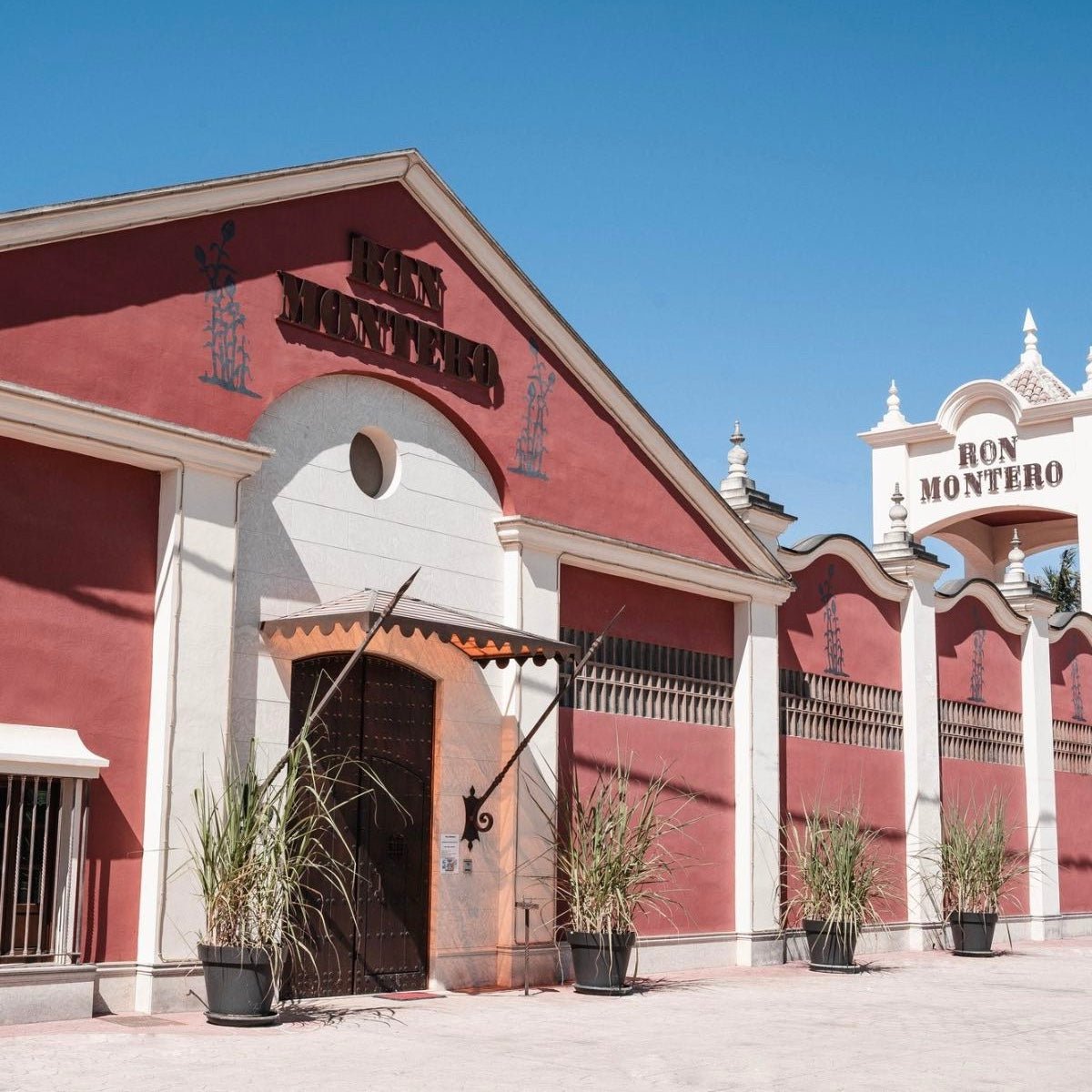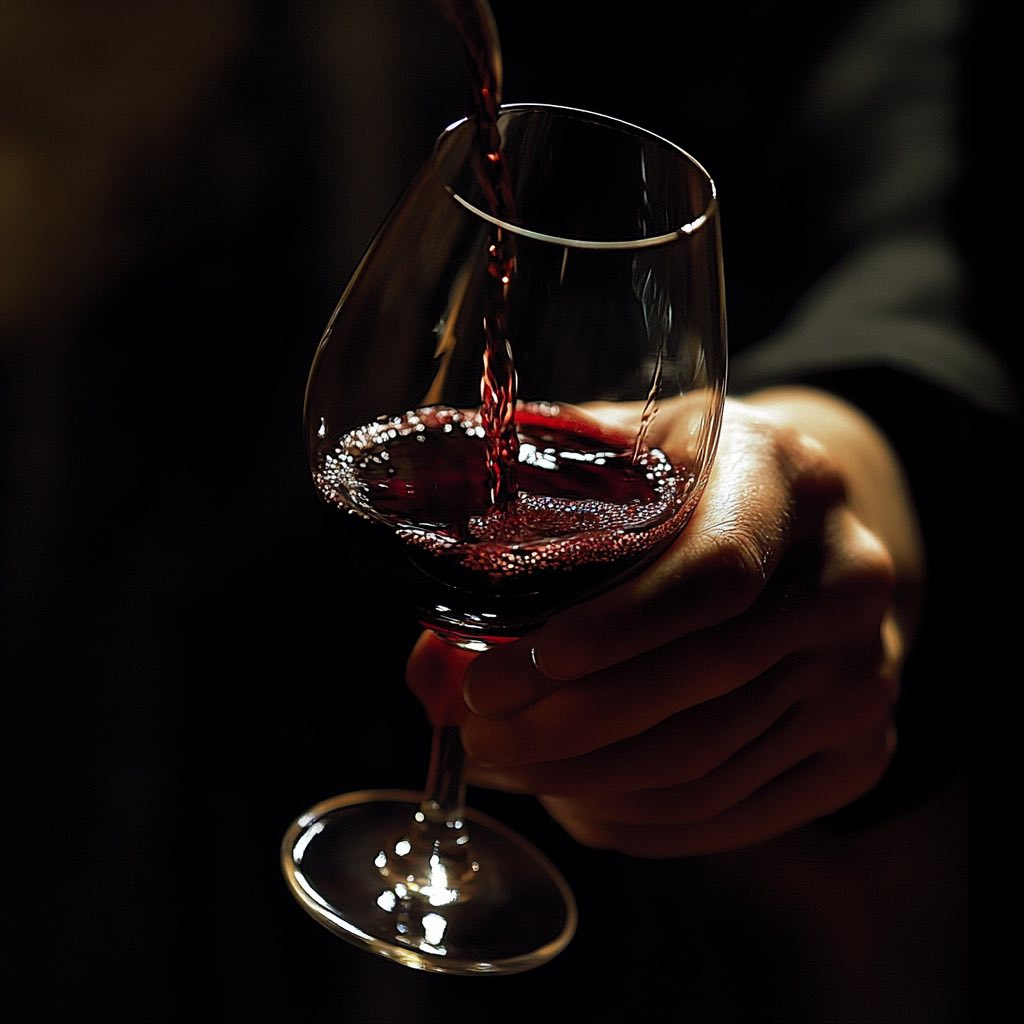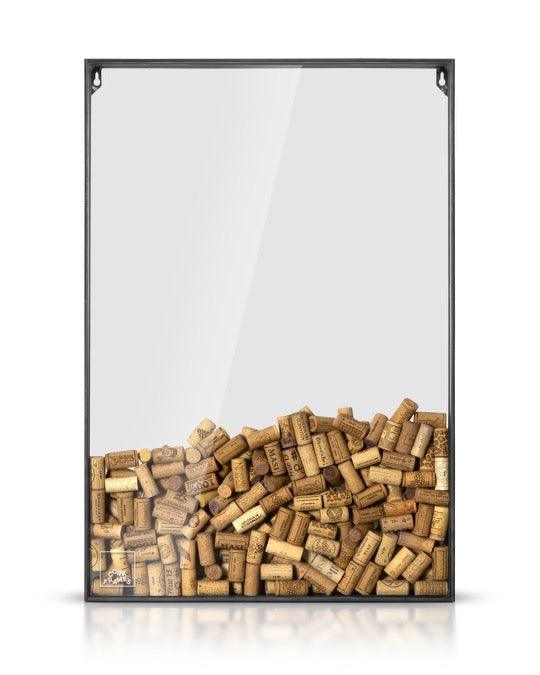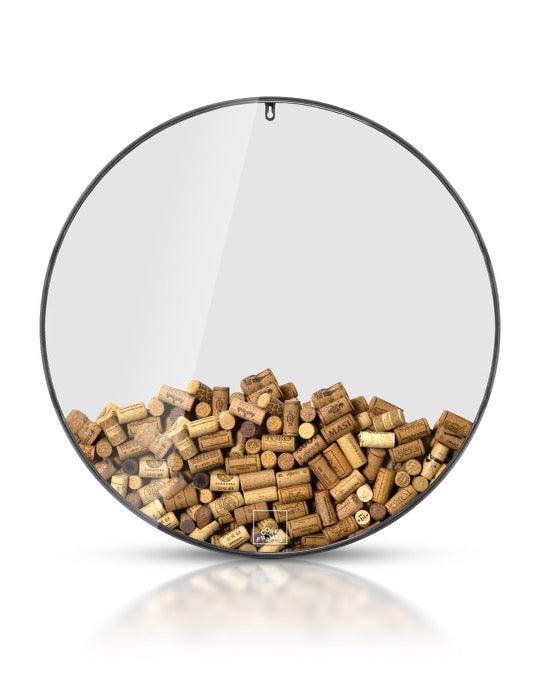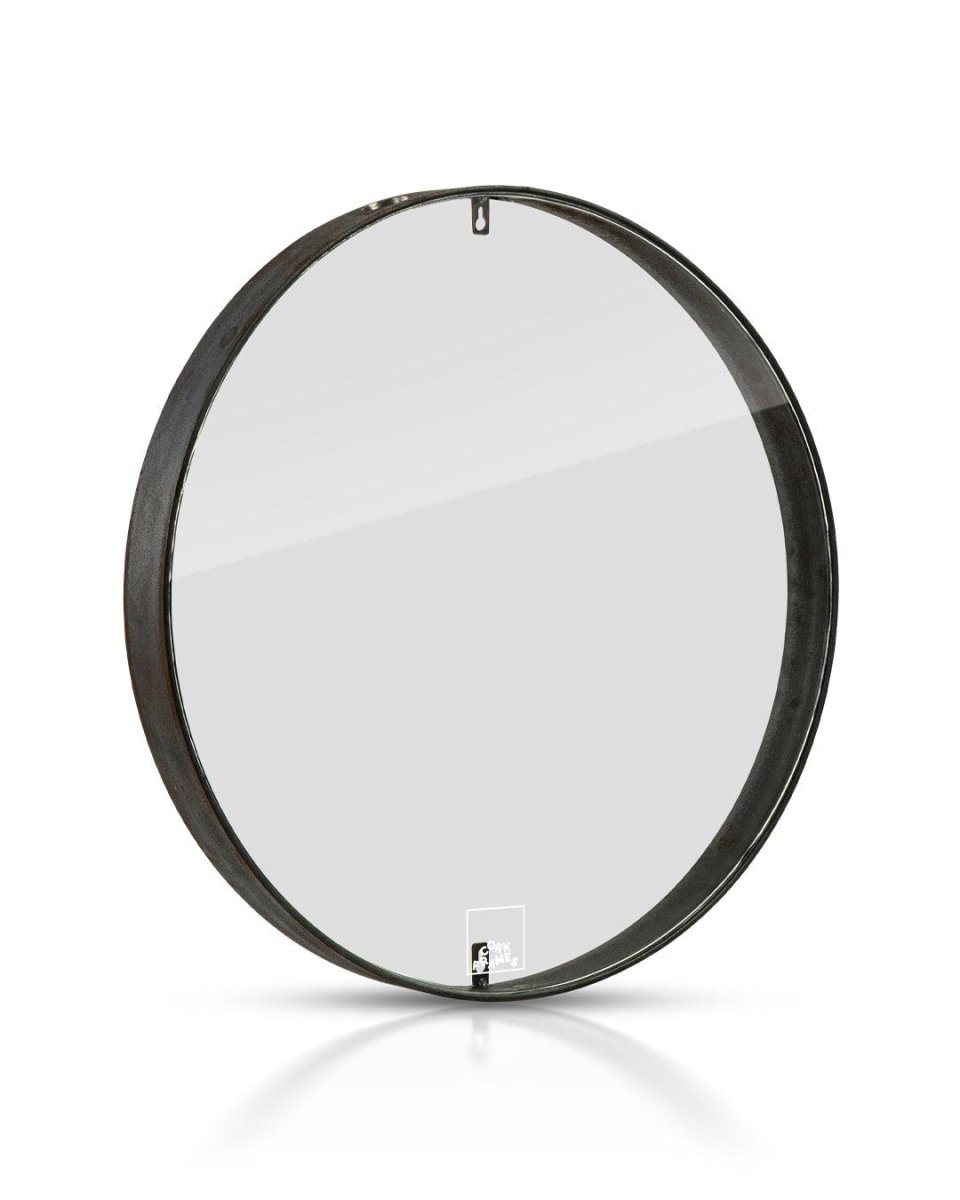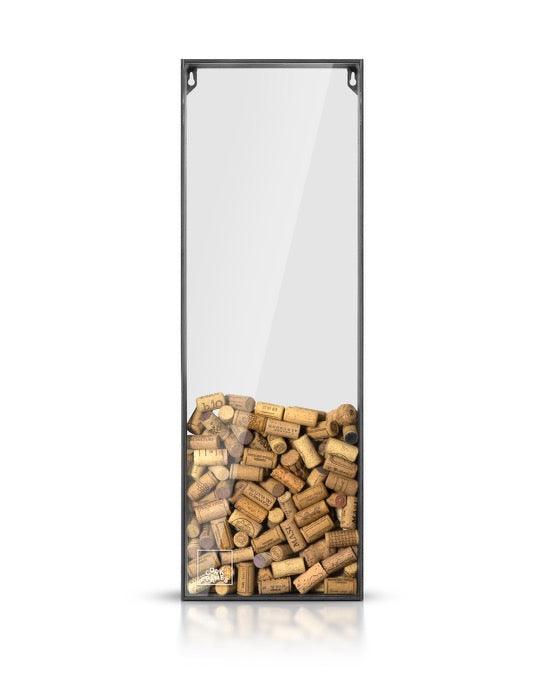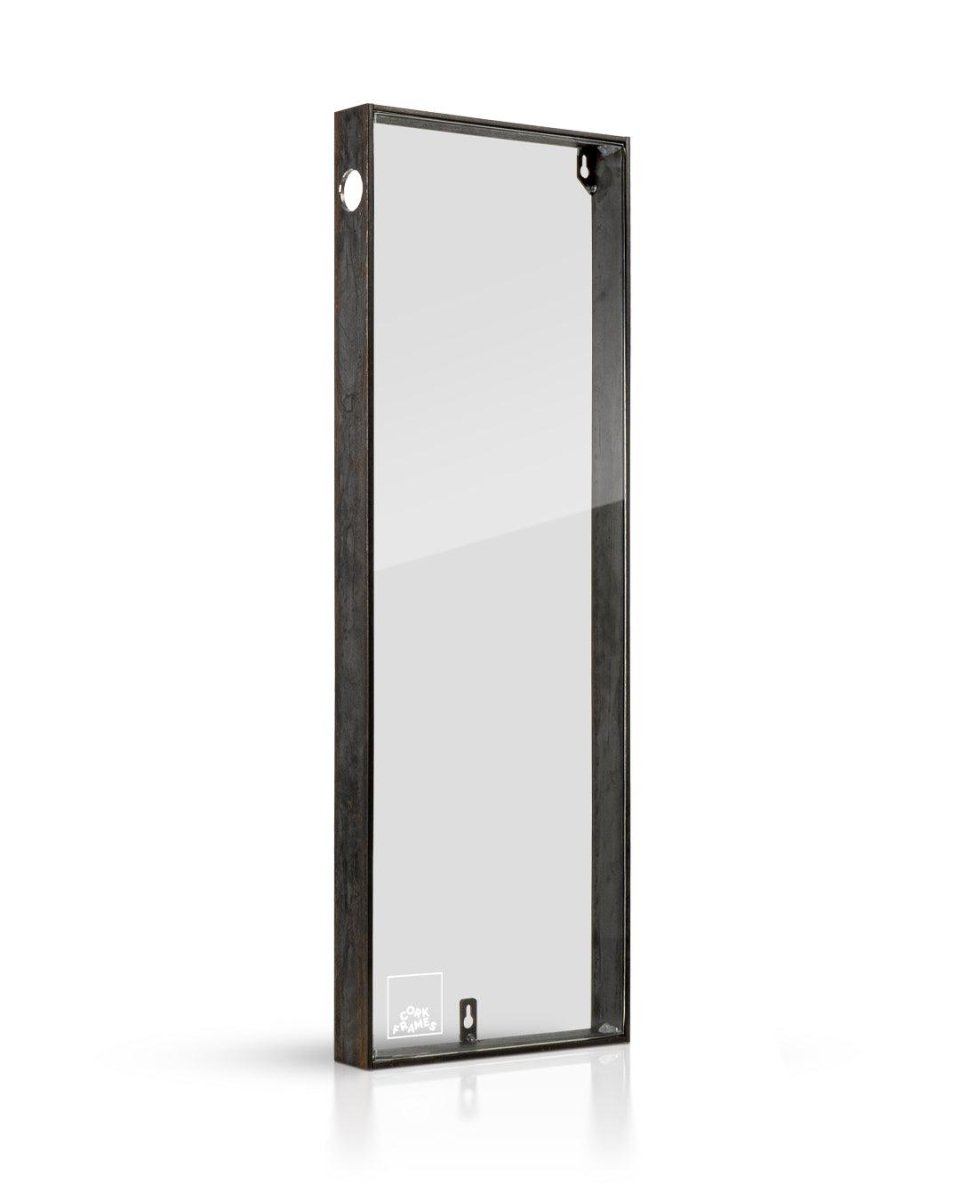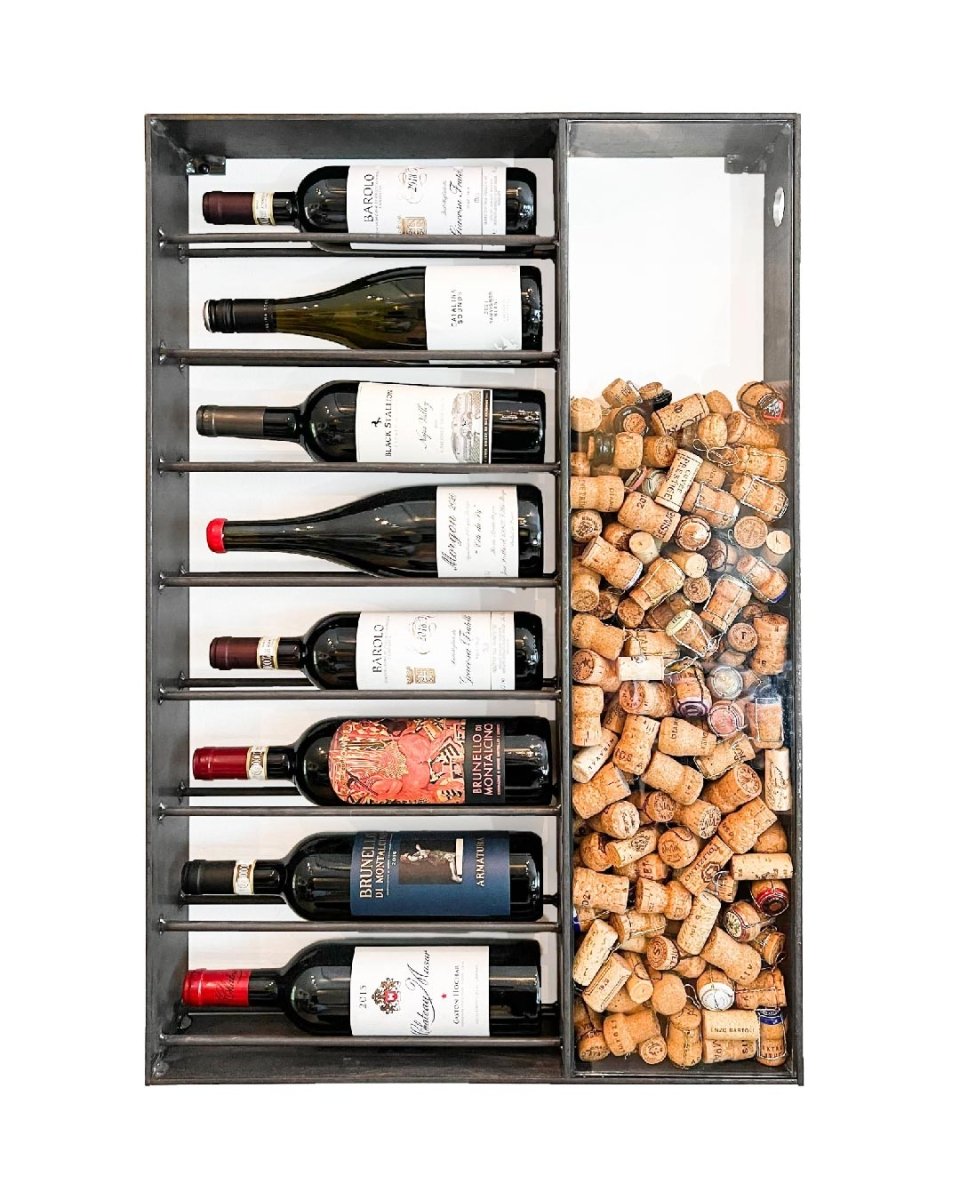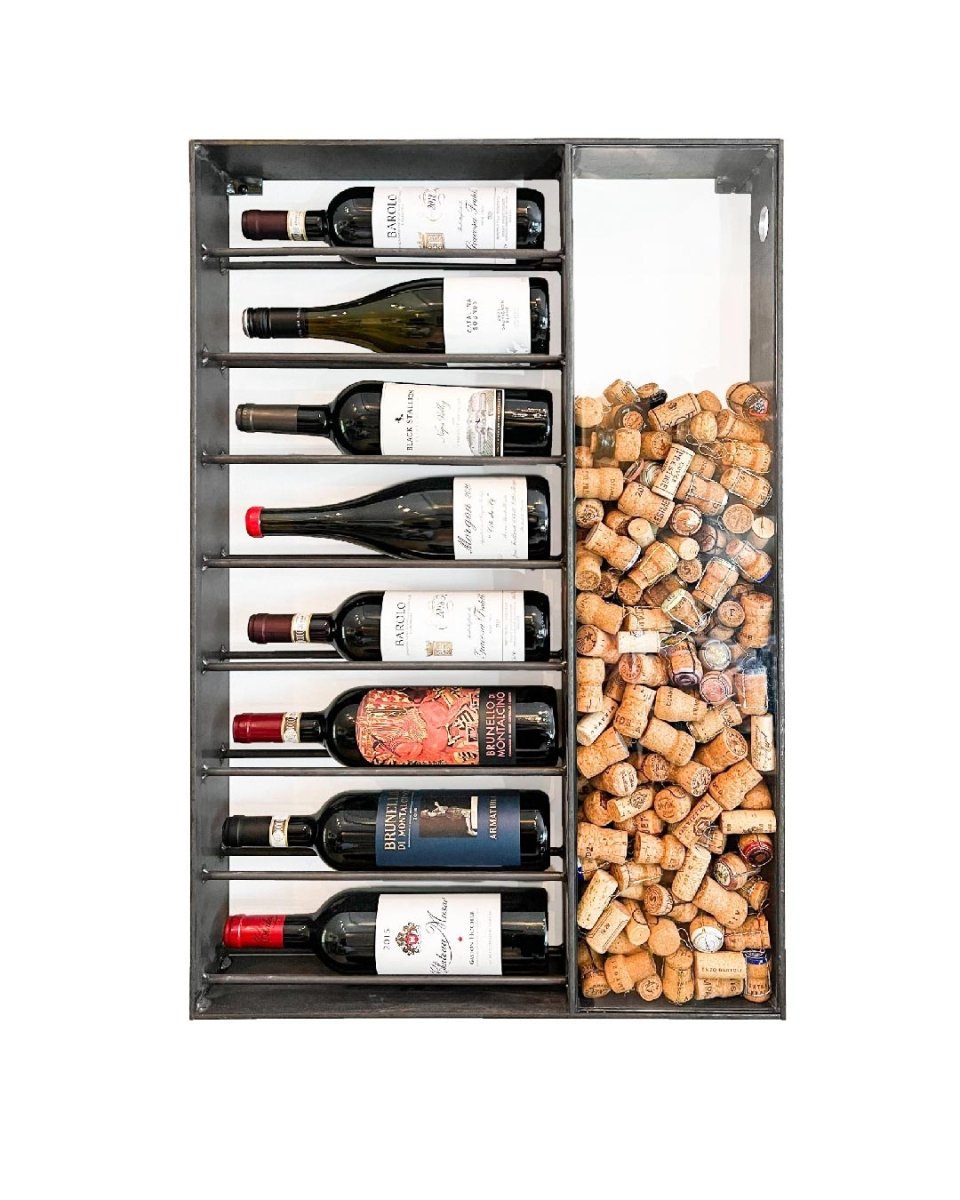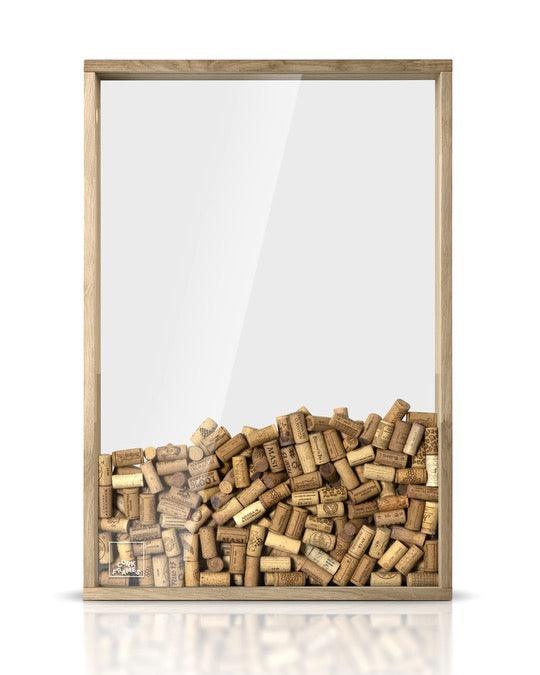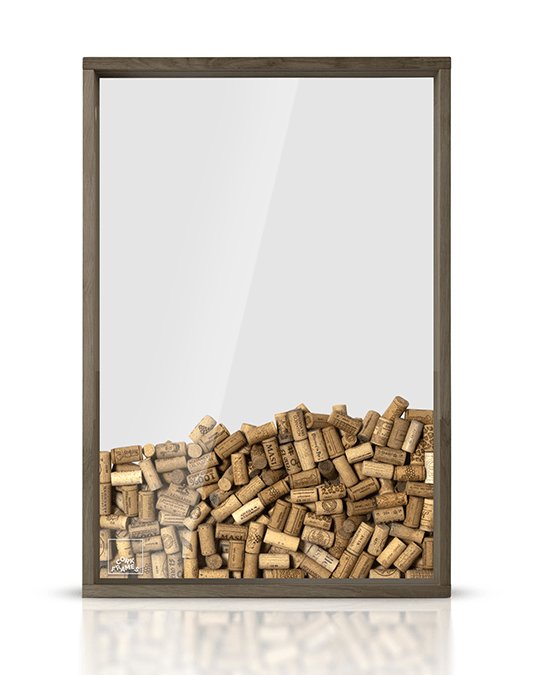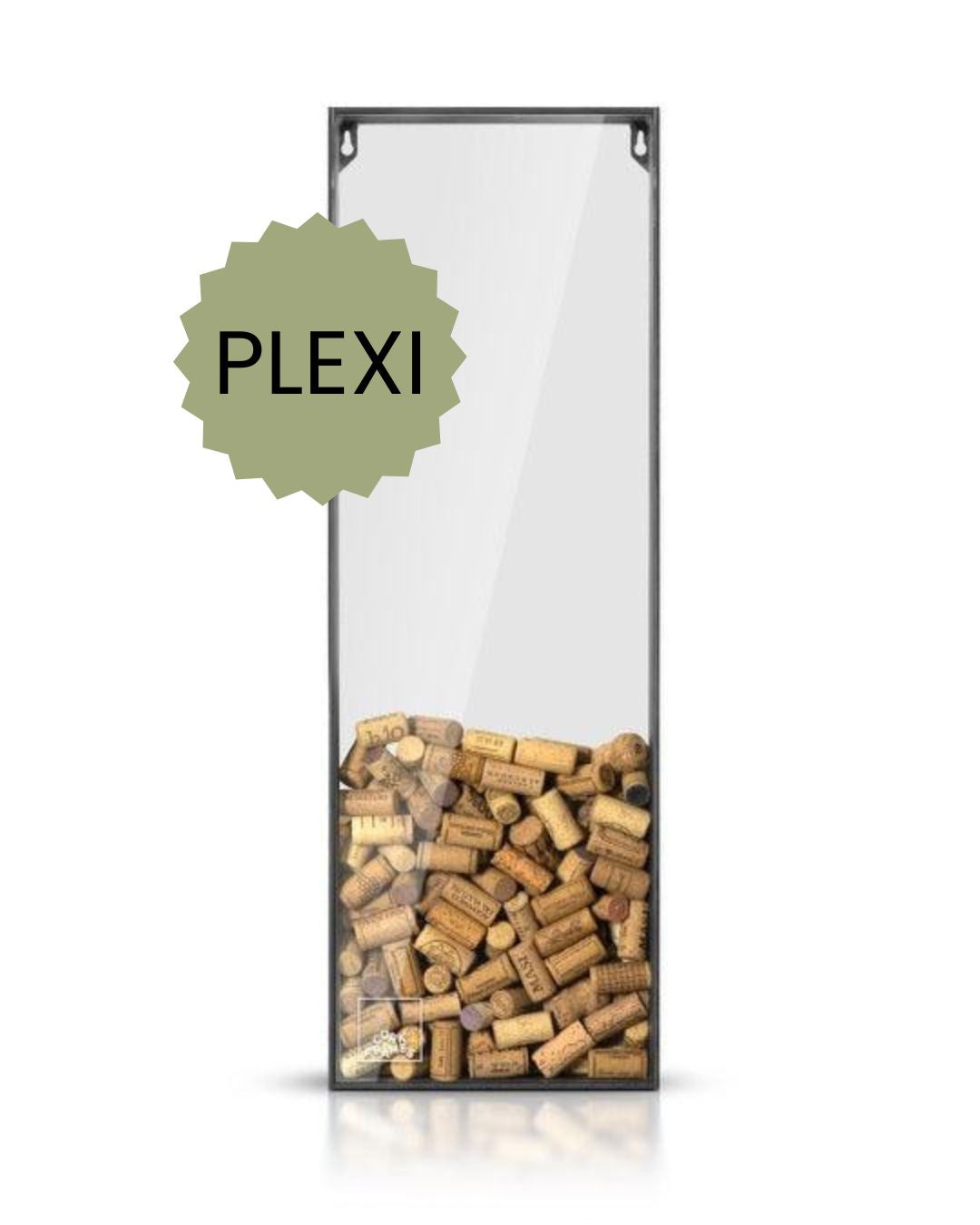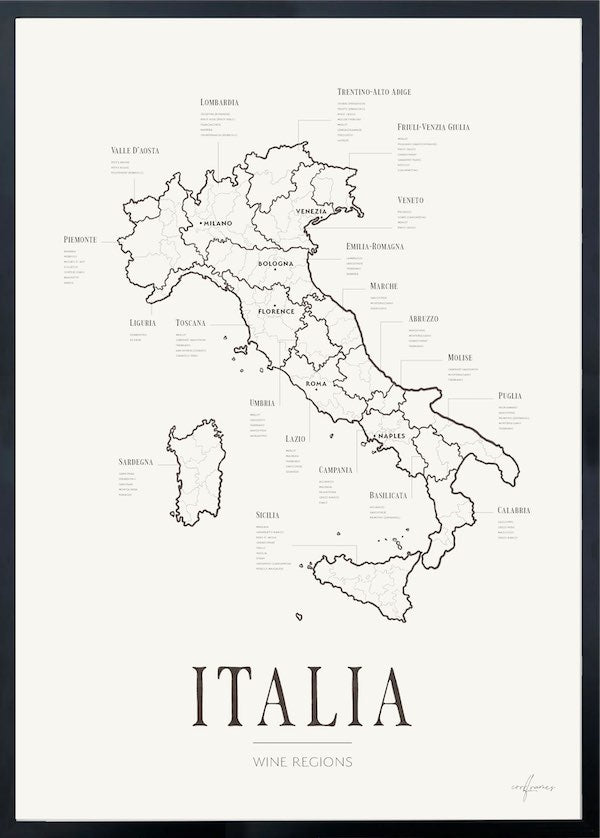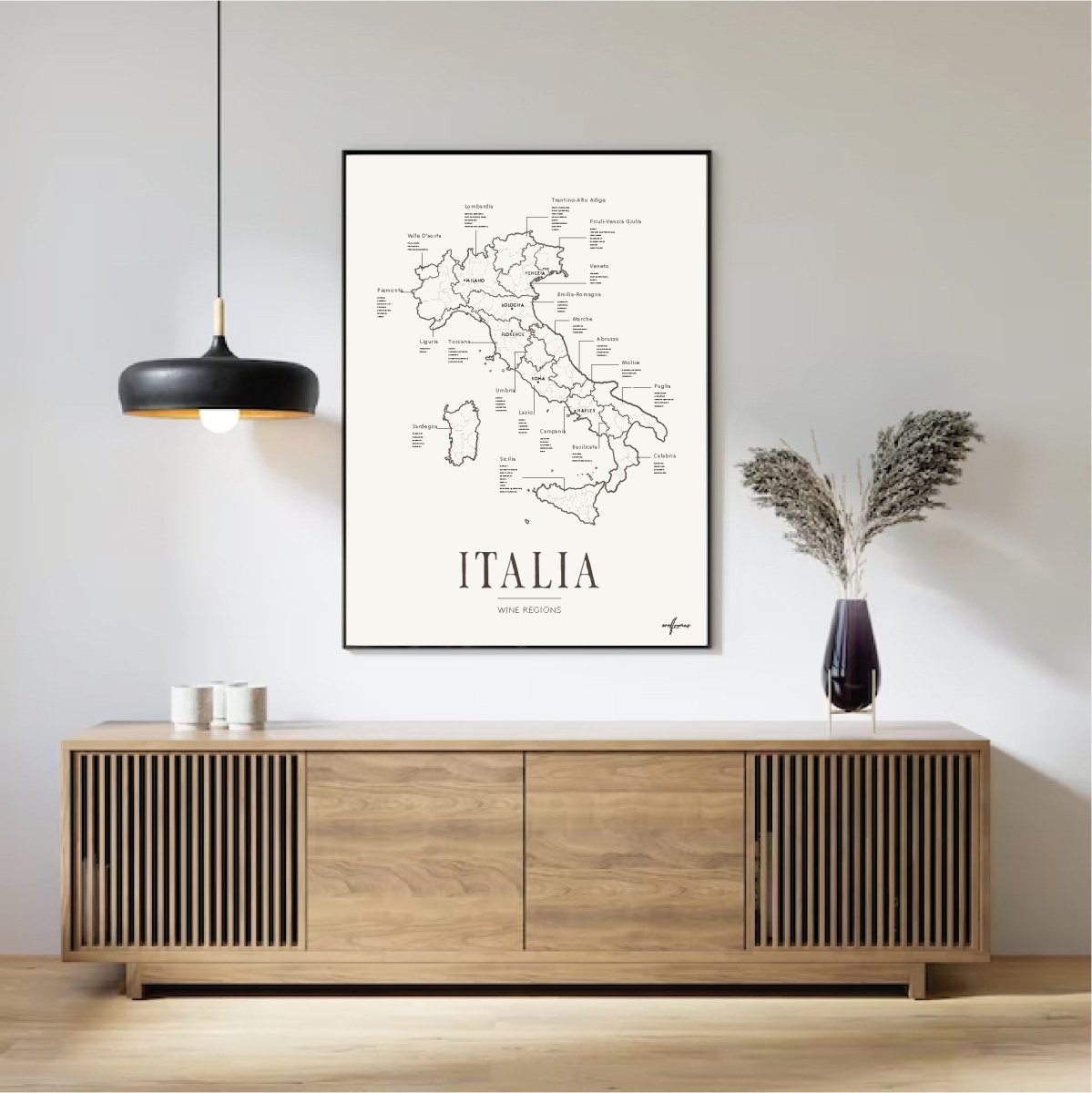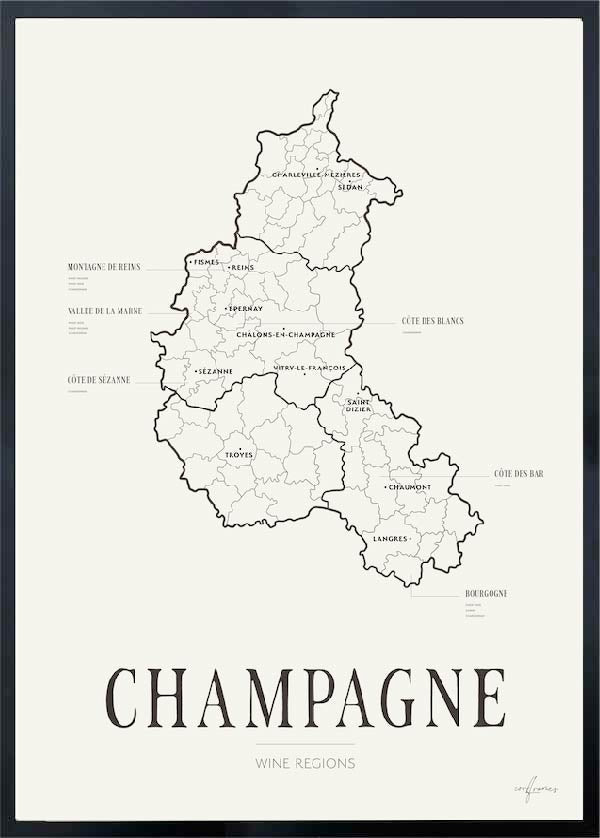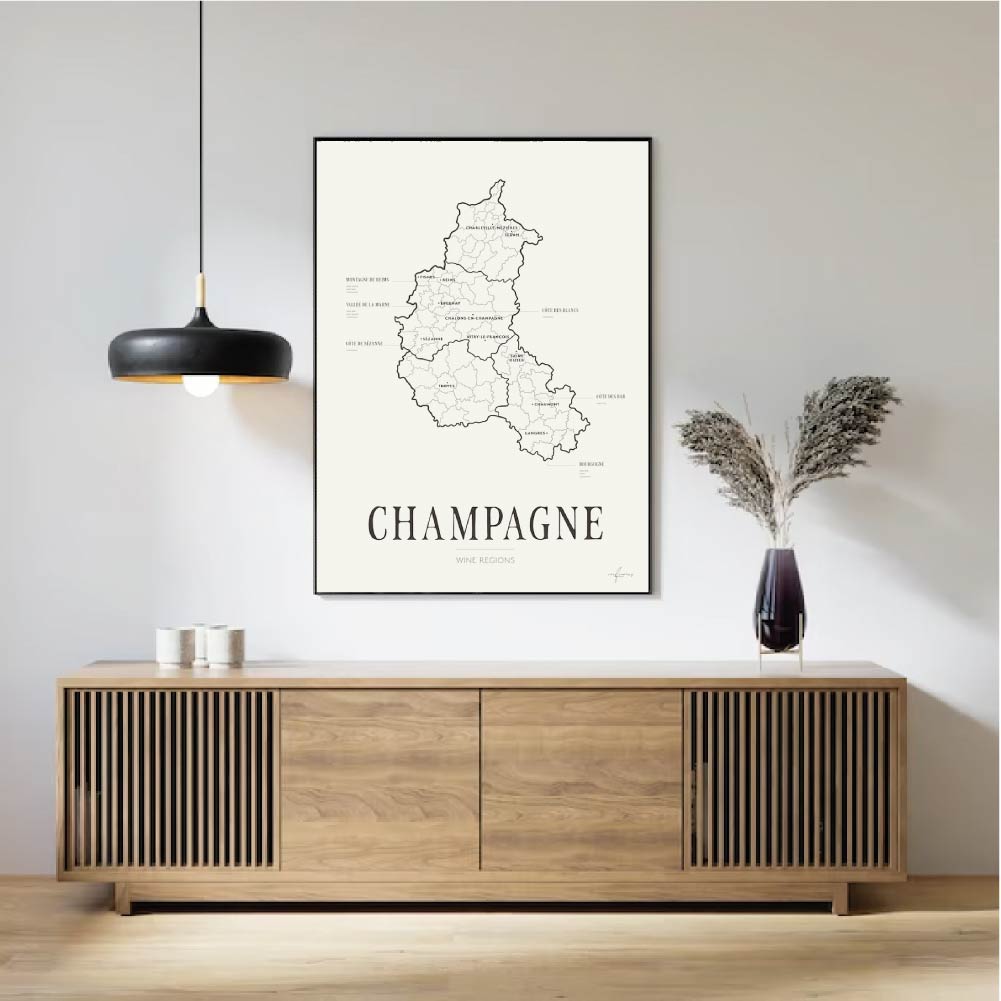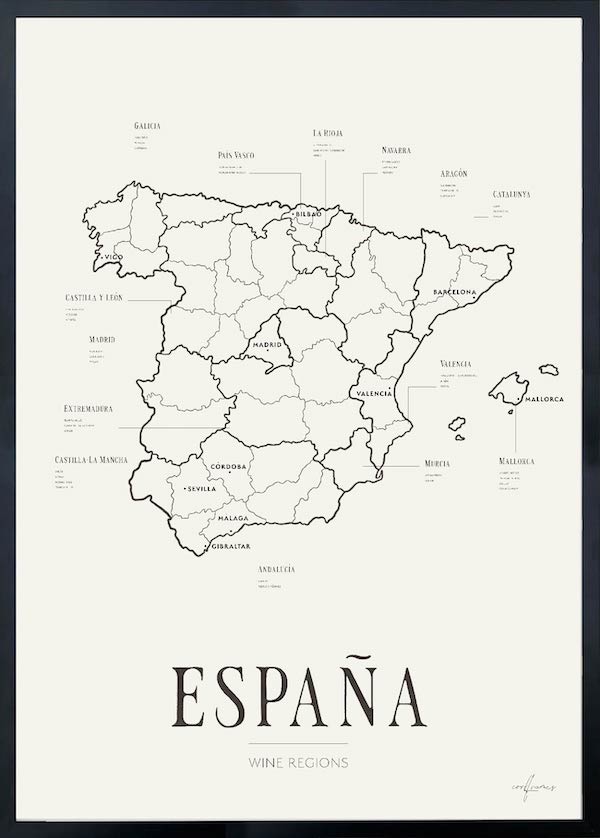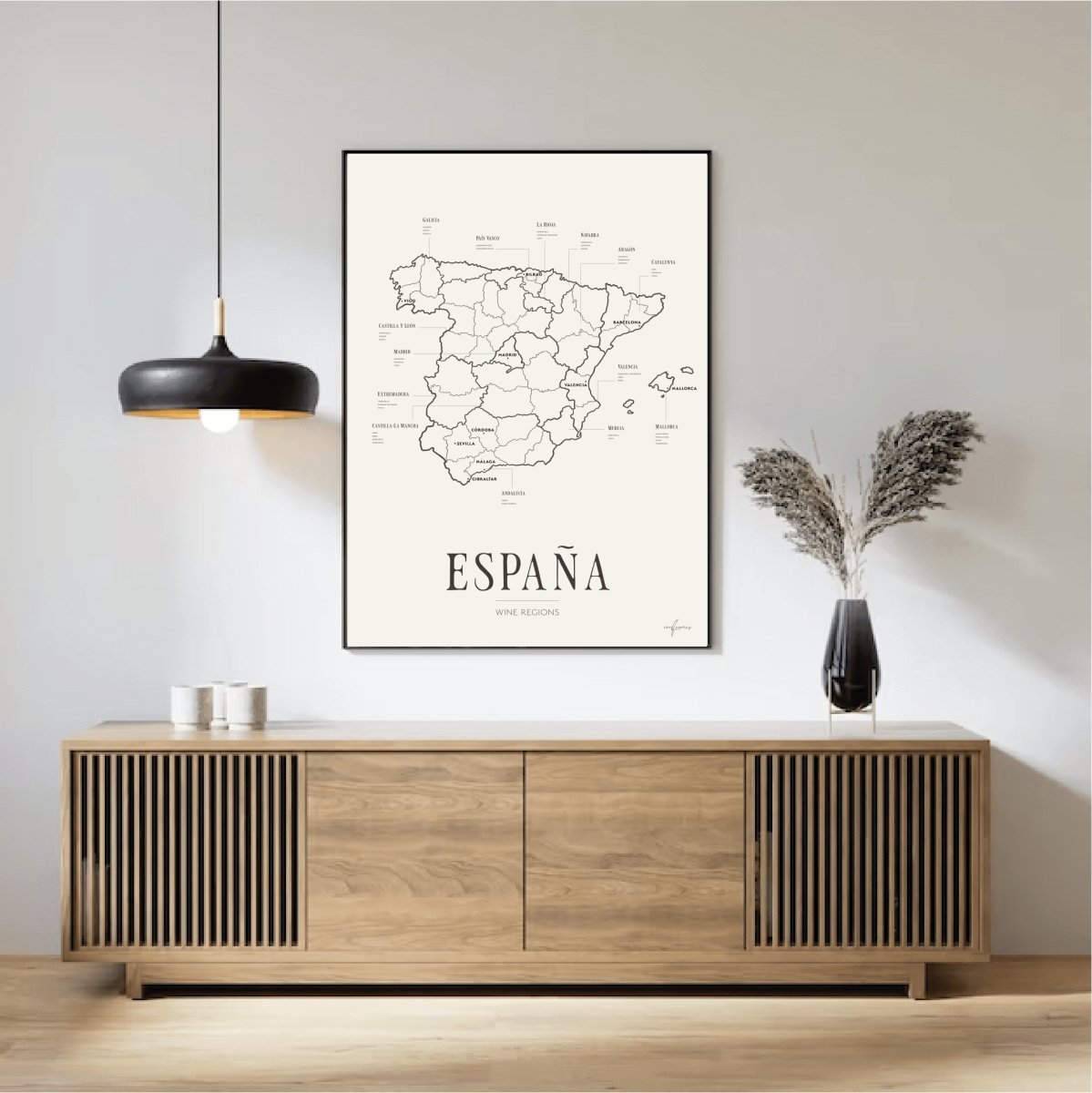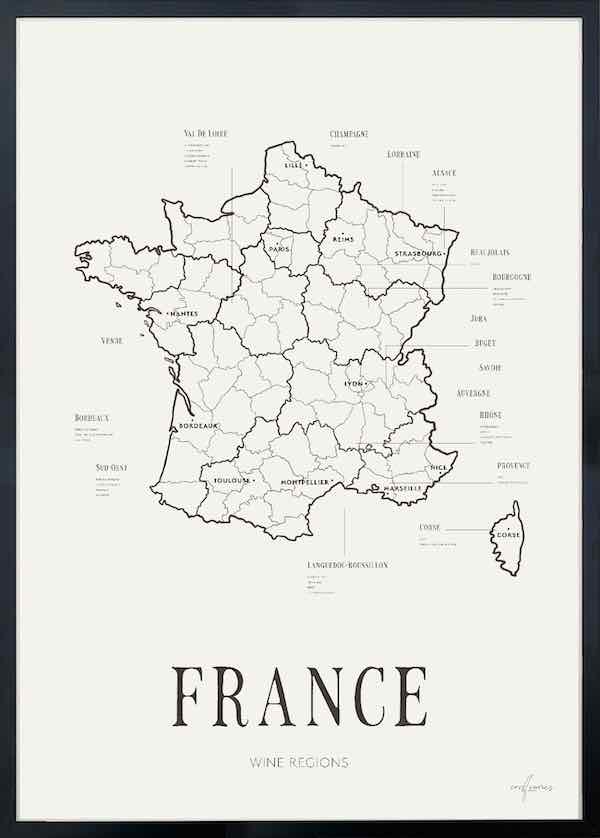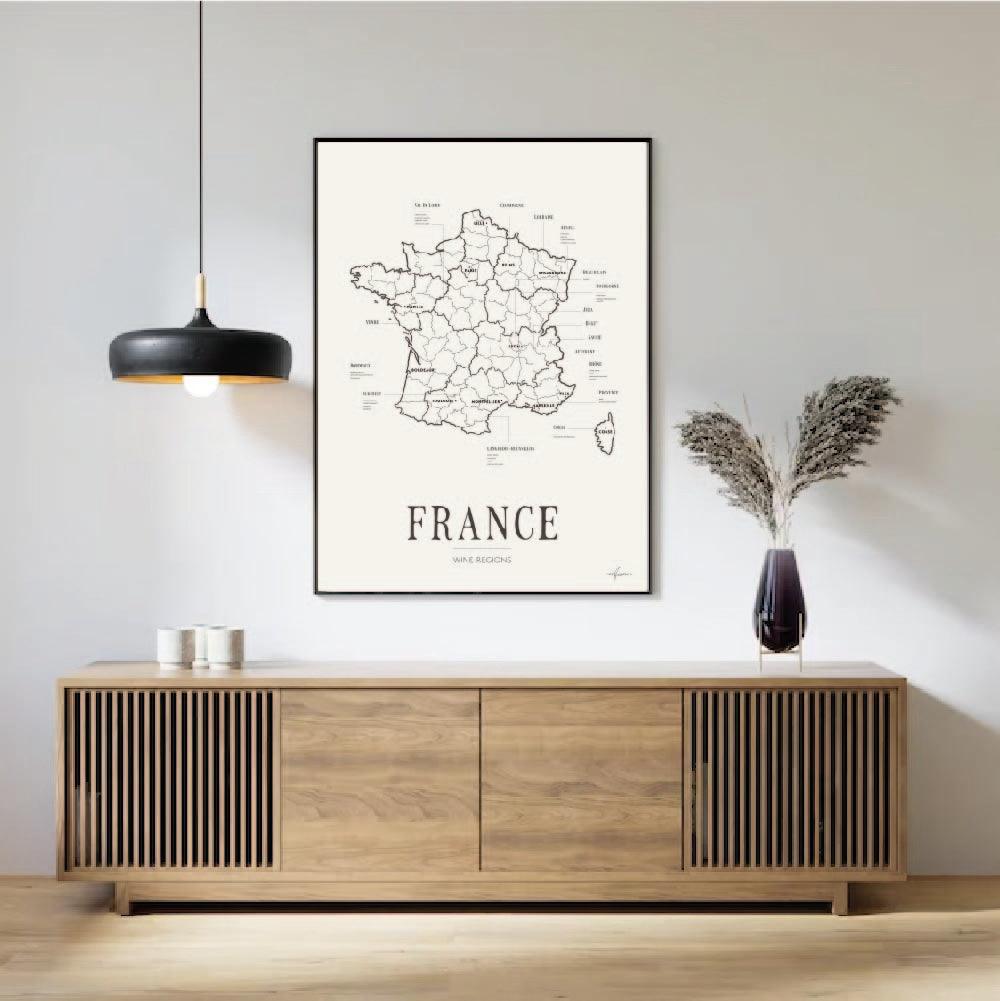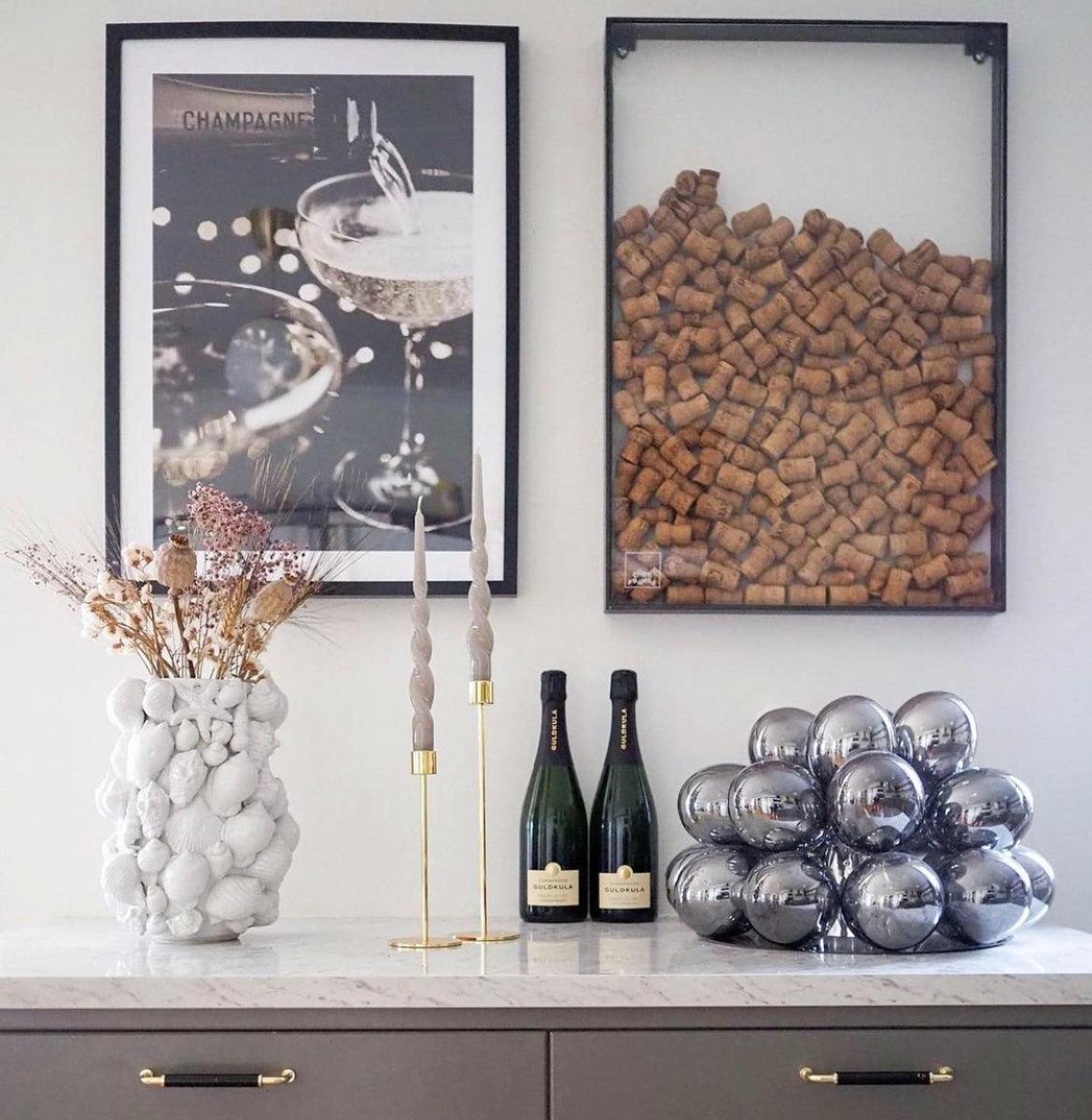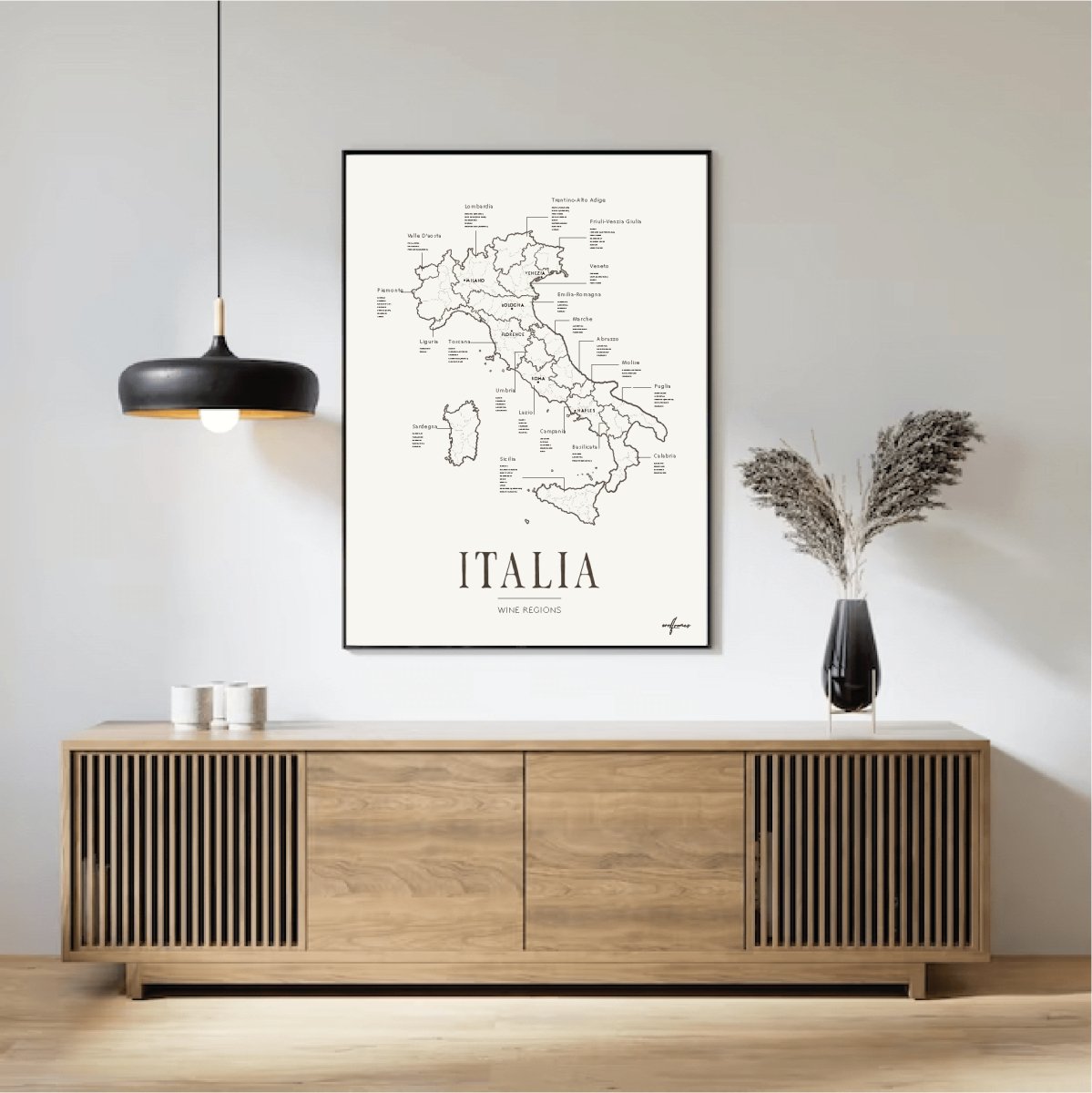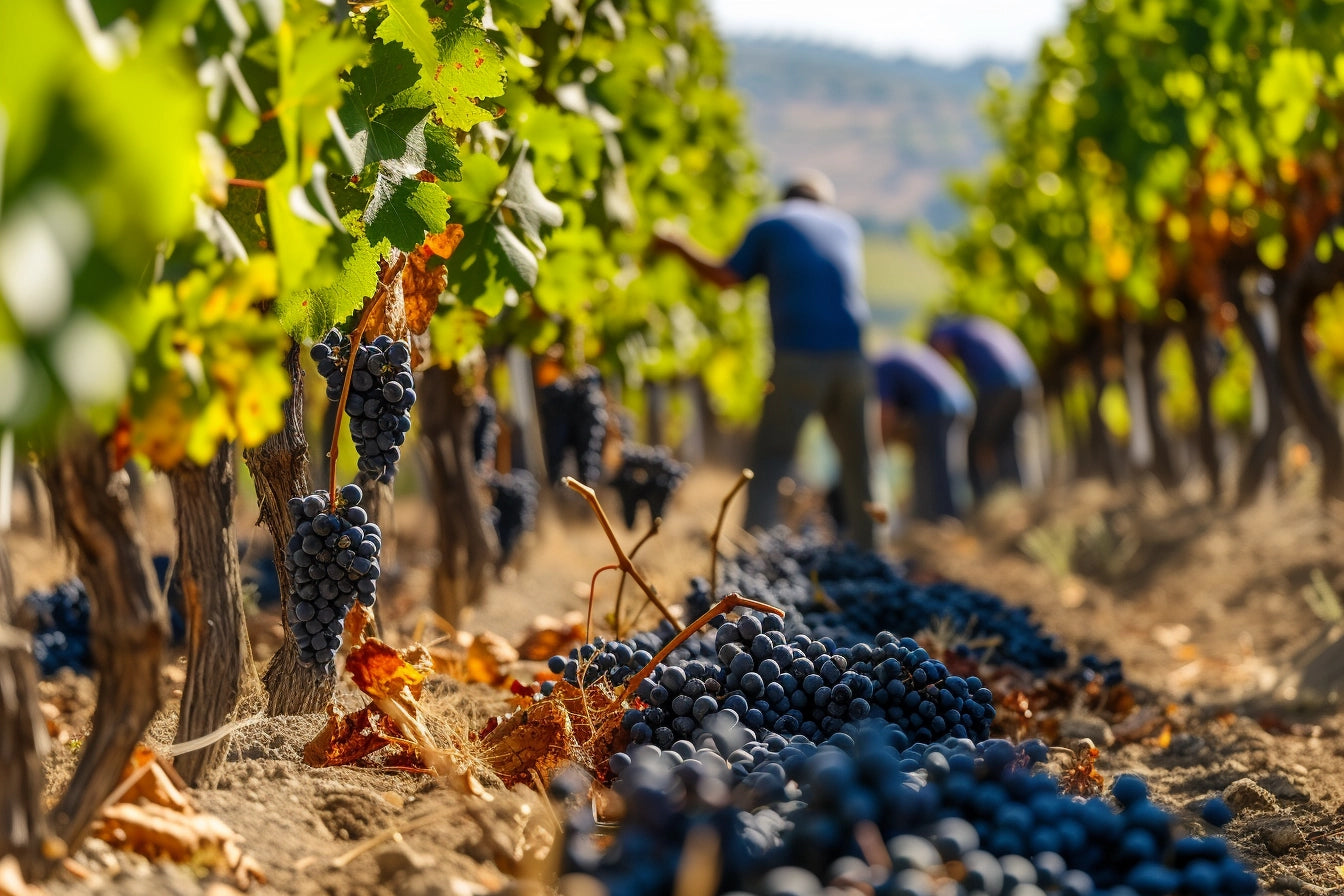Entering the world of wine can feel overwhelming with all the technical terms and jargon. In this beginner-friendly guide, we’ll explain some essential wine terms that every wine lover, whether novice or expert, should know.
Let’s dive into the fascinating language of wine!
1. Terroir
What does terroir mean?
- Terroir is a French term that refers to the natural factors that affect a vineyard, such as soil, climate, altitude, and topography. Terroir can play a crucial role in shaping a wine's flavor profile and character.
How does terroir affect taste?
- Grapes grown in different terroirs can taste vastly different, even if they are from the same grape variety. For example, grapes from a sunny, warm region might produce a more fruity and full-bodied wine, while grapes from a cooler region may result in a wine with higher acidity and more restrained flavors.
2. Bouquet
What is a wine’s bouquet?
- The bouquet refers to the scent of a wine, particularly the complex aromas that develop as the wine ages. The scent of younger wines is usually called "aroma," while older wines develop a more nuanced "bouquet."
What should you look for?
- When smelling wine, try to identify different notes. Some wines have clear fruit aromas like apple or berries, while others may evoke spices, flowers, or earthy tones.
3. Decanting
What does it mean to decant wine?
- Decanting is the process of pouring wine from its bottle into a decanter, typically to separate any sediment and to allow the wine to "breathe." This process is often done for older red wines or young, bold wines.
Why decant wine?
- Allowing the wine to interact with air for a short period can open up its flavors and aromas. Some wines, especially young reds, can taste more balanced and less harsh after decanting.
4. Tannins
What are tannins?
- Tannins are natural compounds found in grape skins, seeds, and stems. They are most common in red wines and contribute to a wine’s astringency or dryness, which can be felt on your tongue and gums.
What role do tannins play in wine?
- Tannins add structure and complexity to wine. Bold tannins can feel drying and firm, while softer tannins provide a velvety texture. Tannins also help wines age well, meaning some red wines can improve over time.
5. Acidity
What does acidity mean in wine?
- Acidity refers to the tartness or freshness in a wine. It plays a crucial role in a wine’s balance and how lively or refreshing it tastes.
How does acidity taste?
- A wine with high acidity will taste crisp and zesty, often with flavors of citrus or green apples. Low-acid wines can taste flat and heavy. White wines tend to have more acidity than reds.
6. Body
What does the body of a wine mean?
- The body refers to how full or heavy the wine feels in your mouth. It can range from light to full-bodied. A light wine feels more like water, while a full-bodied wine can feel more like cream in texture.
What influences a wine’s body?
- Alcohol, sugar, tannins, and extract all contribute to a wine’s body. For example, Sauvignon Blanc is typically light-bodied, while Cabernet Sauvignon tends to be full-bodied.
7. Finish
What is the finish of a wine?
- The finish, or aftertaste, refers to the flavors that linger in your mouth after you’ve swallowed the wine. A wine with a long, complex finish is often considered higher quality.
What should you look for?
- Pay attention to how long the flavors last after swallowing the wine. A wine with a long finish will leave lingering notes that continue to evolve in your mouth.
Understanding these basic wine terms is your first step into the fascinating world of wine. The next time you taste a wine, you can use these terms to better describe your experience and deepen your appreciation for the wine’s nuances. Whether you’re a beginner or an experienced wine lover, knowing these terms will help you enjoy wine even more.
Preserve Your Wine Memories with Corkframes
Don’t forget to store your favorite wine memories in one of our elegant Cork Frame from Corkframe! Every cork you save keeps a special moment alive. Let your wine experiences become art on your wall and a lasting part of your personal wine journey.


